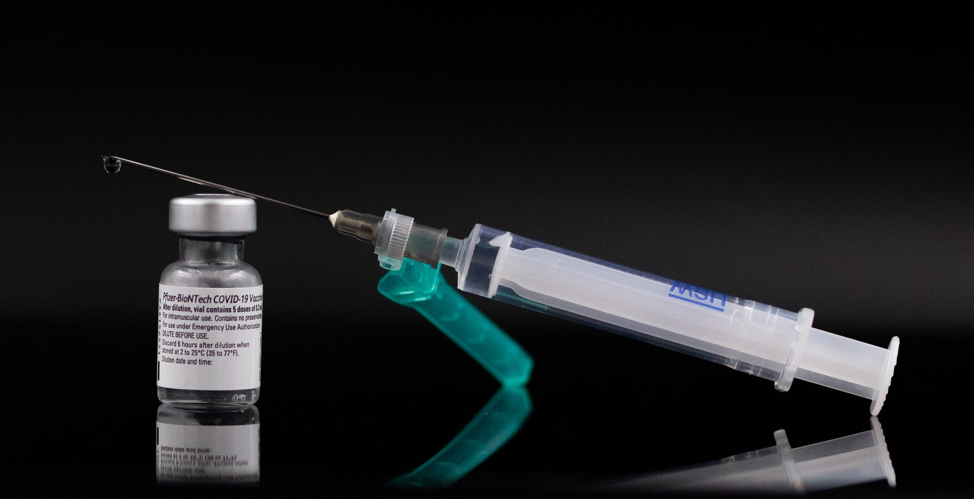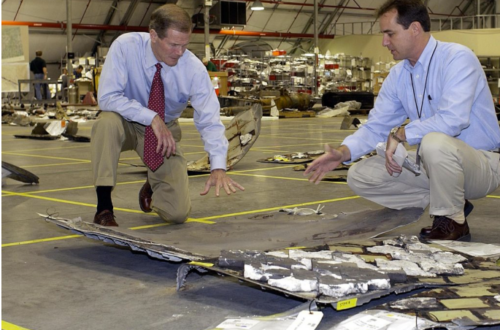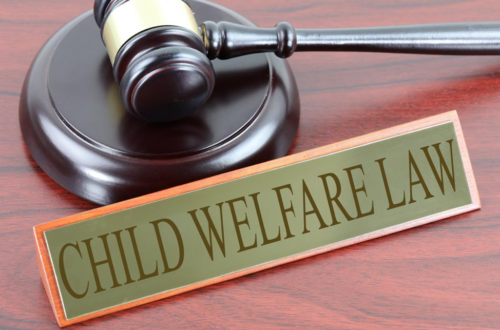The COVID-19 pandemic passed its one year anniversary at the end of January with over 27 million Americans infected and 474,000 dead, with long-awaited vaccines finally being rolled out across the nation, including in Florida.
While the federal government has the power to distribute, track and suggest how the COVID-19 vaccine should be distributed, state governments ultimately have the final say in how the rollout is conducted in their state.
This has been particularly relevant in Florida as Gov. Ron DeSantis has opted to make changes to the CDC’s proposed guidelines on vaccine distribution.
The CDC currently recommends that Phase 1A consist of vaccinating health care personnel and residents of long-term care facilities. The CDC then advises that Phase 1B should include frontline workers and those above 75 years of age, while Phase 1C should expand to those between 65 and 74 years of age, essential workers not previously included, and persons between 16 and 64 with medical conditions having the potential to increase their risk of COVID-19.
In recent weeks, Florida officials have opted to take a different route with regard to vaccine distribution.
Implementing Florida’s plan for the first phase of vaccination in an executive order late December, DeSantis mandated that those administering the COVID-19 vaccine should vaccinate the following populations: “long-term care facility residents and staff; persons 65 years of age or older; [and] health care personnel with direct patient contact.” DeSantis also recommended that hospitals vaccinate “any persons who they deem to be extremely vulnerable to COVID-19.”
While the divergence from the CDC’s guidelines itself is not necessarily problematic, Florida’s implementation has already seen a number of issues.
While the vaccination systems implemented across Florida differ from county to county, they frequently seem to disproportionately favor the wealthy and disfavor minority communities. This is partially due to the fact that those who lack internet access or large amounts of time to look for appointments have been unable to navigate the channels required to book a vaccination appointment.
DeSantis’s plan also seems to favor the tech savvy, as there is no singular database for registering for the vaccine. This has been especially problematic for the elderly who have been forced to jump around to various websites in order to sign up for a vaccination appointment.
This has led to criticism from Florida citizens and lawmakers, both Democrats and Republicans, who see DeSantis’s plan as misguided.
Perhaps the most surprising of these critics is U.S. Sen. Rick Scott, who questioned why Floridians weren’t being put first to receive their vaccinations. The criticism comes following reports that the loosely held COVID-19 guidelines allowed for a number of foreign nationals to receive the vaccination ahead of native Floridians.
Despite the limited number of vaccines available, DeSantis imposed no residency requirement for those already in the age requirement specified in his executive order. This in particular has brought further questioning of DeSantis’s changes to the CDC guidelines.
In addition to the issue concerning who gets the vaccine, hospitals have been left with nearly no instructions on how to do so, despite being asked to lead the distribution efforts. This has led to not only a wide disconnect across the state in regard to vaccine distribution, but also DeSantis’s requesting of the assistance of the chain Publix Supermarkets to help fix the distribution process.
At a Senate Health Policy Committee meeting last week, Sen. Aaron Bean, R-Fernandina Beach, expressed discontent with the lack of a clear plan, stating, “When there’s no information, and there’s no rhyme or reason who’s getting it, [there’s] frustration.”
However, despite the relatively unclear vaccine distribution plan, vaccinations are moving forward in Florida. A product of the addition of Publix Supermarkets as vaccination centers, 242 new vaccination centers in 18 different counties have been added to the list of available vaccination locations.
In addition, as of Jan. 29, the state has released a new preregistration system for COVID-19 vaccination appointments. The program is statewide and is aimed at making the process easier for seniors by allowing them the ability to make their appointments early and by phone, a new addition aimed at making the process more accessible to all communities across the state.
As of Feb. 23, nearly 4.2 million doses of the COVID-19 vaccine have already been distributed to over 2.7 million people, about 12% of the state’s total population. Seniors (persons of 65 years or older) in particular have received vaccinations at a disproportionately high rate, encompassing nearly 74% of all vaccinations received in the state thus far.
It will be crucial in the coming weeks for DeSantis and Florida’s state officials to fix the issues plaguing the vaccine distribution process in order to successfully vaccinate Floridians.
Featured image: Pfizer BioNTech COVID-19 vaccine. Unmodified photo by Arne Müseler used under a Creative Commons license. (https://bit.ly/3psUOFp)
Check out other recent articles from the Florida Political Review here.





